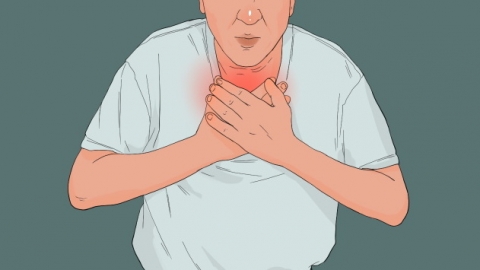Is shortness of breath a sign of declining lung function?
Generally speaking, whether shortness of breath indicates decreased lung function needs to be determined based on specific circumstances. If shortness of breath is caused by lung diseases, it usually indicates reduced lung function; however, if it results from other factors, it may not be related to decreased lung function. Detailed analysis is as follows:

If shortness of breath is accompanied by symptoms such as coughing, sputum production, and wheezing, and worsens after physical activity but improves with rest, it may be caused by lung function decline due to pulmonary diseases such as chronic obstructive pulmonary disease (COPD) or asthma. These conditions affect the lungs' ability to ventilate and exchange gases, leading to oxygen deficiency in the body and resulting in shortness of breath.
When shortness of breath is caused by heart disease, anemia, or anxiety, it is unrelated to decreased lung function. Heart failure can cause pulmonary congestion, affecting gas exchange; anemia reduces the oxygen-carrying capacity of blood; and anxiety may trigger shortness of breath by affecting breathing rhythm. These situations do not indicate a decline in lung function.
To maintain respiratory health, one should avoid smoking and exposure to irritants such as dust and harmful gases in daily life, thus reducing lung damage. Engaging in moderate exercise regularly, such as walking, jogging, and swimming, can help enhance lung function and strengthen respiratory muscles.





